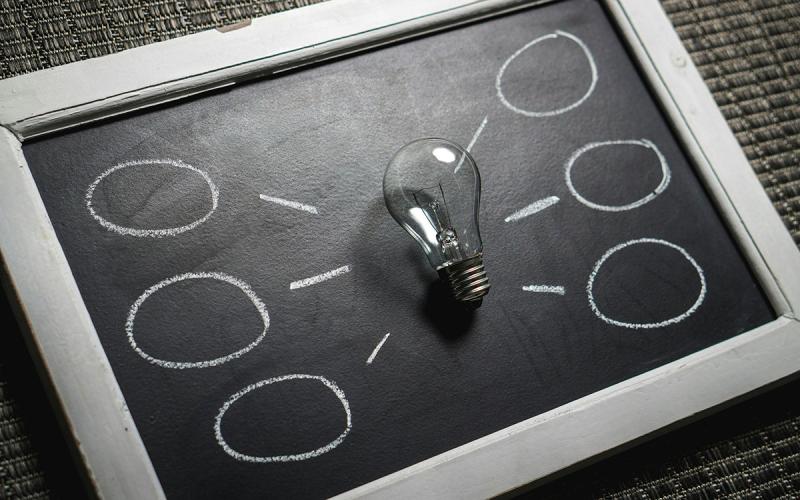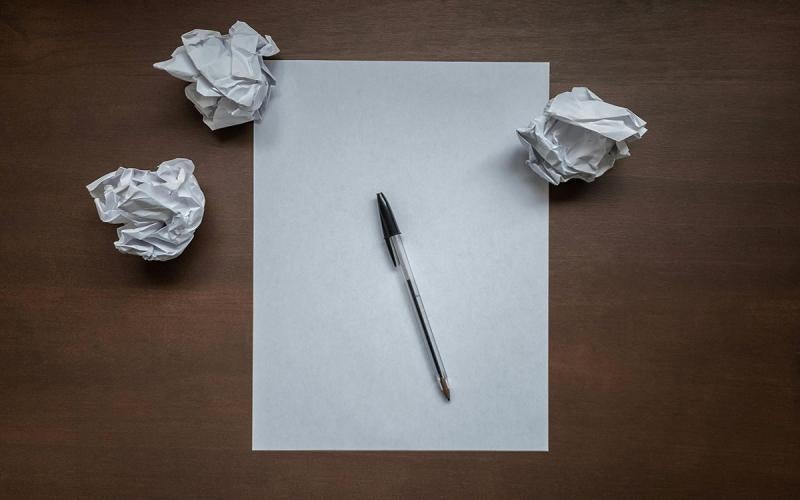Consider This
People believed the sun orbited the Earth, because it appeared to rise and set around an unmoving Earth. Aristarchus of Samos proposed the Earth rotates around the Sun around 270 BCE. His idea was essentially ignored for the next 1800 years.
It took Copernicus publishing a book on the topic in 1543, Galileo working with telescopes in the early 1600s, Kepler developing laws of planetary motion, and Newton’s laws of motion and universal gravitation in the late 1600s for people to realize we are literally not the center of the universe.
We’ve all found ourselves staring down a tough decision, gotten caught in a heated discussion, wondered why we still do things a certain way, or even just said, “But, why?” The solution isn’t only more information, it’s also better thinking.
What Critical Thinking Is

Critical thinking is one of the most-valuable skills you can have. It helps you pause, reflect, ask the right questions, and make choices you can stand behind. And it’s not just for philosophers or policymakers, it’s for everyone.
Critical thinking can be hard to wholly define and encompass, but you’ll know it’s happening when these things are happening:
- Curious and Open-Minded: There is excitement to learn, eagerness to hear different perspectives, and willing to say, “Tell me more.”
- Productive Skepticism: Everything isn’t accepted at face value. There is a desire to know why something is true and what evidence backs it up.
- Humility: Openness to being wrong. If new facts emerge, there is a willingness to shift the way of thinking.
- Analyzing: Big problems are broken into smaller pieces, patterns are sought out, and decisions are grounded in logic.
- Reflection: Thought is given to choices and what they mean, both in the moment and after the fact.
The scientists behind the heliocentric model used core critical thinking skills. They were curious and open-minded, willing to question the Earth-centered view. Their skepticism pushed them to test ideas rather than accept tradition. They showed humility by adjusting their theories as new evidence came in. Through analysis, they broke down the motion of planets. And with reflection, they reconsidered what their findings meant for science and society.
What Critical Thinking Isn’t
Critical thinking isn’t being negative, cynical, or shooting down ideas. You’ll know it’s not critical thinking when these things happen:
- Dismissiveness: Ideas are shut down without genuine consideration.
- Overconfidence: There’s a refusal to question personal beliefs or admit uncertainty.
- Emotional Reactivity: Decisions are made based only on gut feelings.
- Manipulation: Questions are used to steer conversations toward a specific outcome or personal gain.
These habits don’t lead to better thinking or better outcomes. They shut down possibilities and discourage collaboration.
Watch Out for the Roadblocks

Critical thinking sounds great on paper, but it’s not always easy. It can be scary to speak up, especially if you’re questioning something that’s “always been done this way.” You might worry about being wrong, slowing things down, or rocking the boat. Questioning can feel uncomfortable. It might challenge traditions, ask people to defend the status quo, or even uncover blind spots. Discomfort often signals growth, and growth is where the best ideas are born.
Additionally, it’s easy to fall into knee-jerk decisions. That’s why knowing yourself matters. Are you the type to panic under pressure? Do you avoid conflict, even when something feels off? Recognizing your own patterns can help you slow down and make better calls.
The Takeaway
Critical thinking isn’t just a nice-to-have, it’s how we grow, improve, and make sense of an increasingly complex world. It helps us ask better questions, listen more deeply, and approach problems with clarity instead of chaos.
Centuries ago, people were certain the sun revolved around the Earth. It took one person brave enough to question it, and many others to join him, for the truth to emerge. The shift didn’t happen overnight, and it didn’t happen without resistance. But it happened because people chose to think differently.
So, ask the question. Slow down. Be curious. You never know what kind of orbit-changing idea might come from it.

